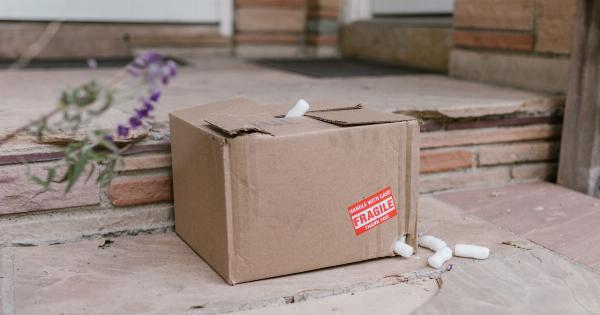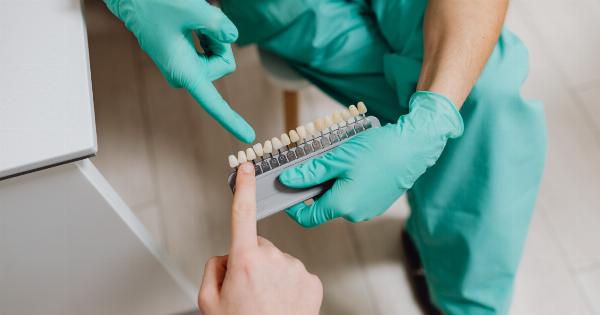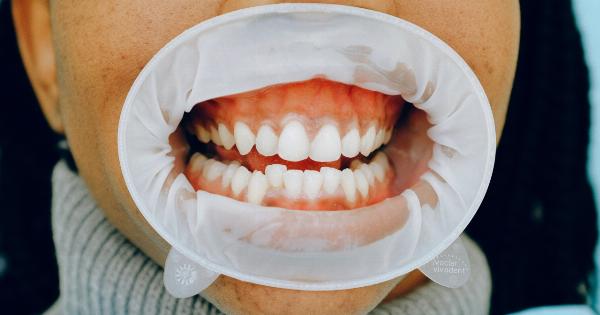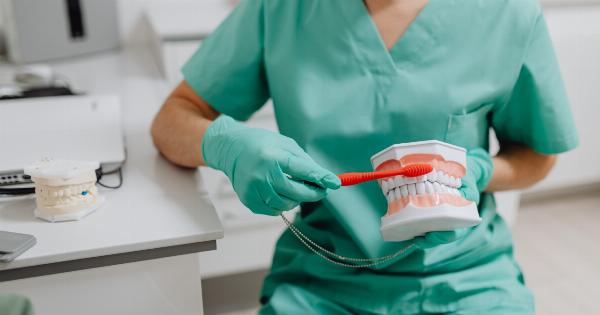Dental emergencies can happen at any time, even when you are not expecting them. When you find yourself in a situation where you cannot make it to a dentist, it is important to know what to do. Here are some tips for handling dental emergencies at home.
Toothache
A toothache can be caused by a variety of factors such as tooth decay, gum disease, or injury. If you are experiencing a toothache, try to rinse the affected area with warm water.
Gently floss around the tooth to remove any food debris that may be causing the pain. If the pain persists, you can take over-the-counter pain relievers such as ibuprofen or aspirin. Avoid placing aspirin directly on the tooth or gum as this can cause a burning sensation.
Broken or Chipped Tooth
If you have a broken or chipped tooth, rinse your mouth with warm water. If there is any bleeding, apply pressure with a clean cloth or gauze. If the tooth is painful, apply a cold compress to the affected area to reduce the swelling.
Keep any broken tooth fragments, as they may be able to be reattached. Seek dental treatment as soon as possible.
Knocked Out Tooth
If you have knocked out a tooth, time is of the essence. Keep the tooth moist by placing it in a cup of milk or water with a pinch of salt. Do not touch the roots of the tooth. Try to put the tooth back into the socket if possible.
If you cannot, hold the tooth gently in your mouth. Seek dental treatment immediately.
Objects Caught Between Teeth
If there is an object caught between your teeth, gently try to remove it with dental floss. Do not use sharp objects to remove the object as this can cause injury. If you are unable to remove the object, seek dental treatment.
Lost Filling or Crown
If you lose a filling or crown, try to keep the area clean by rinsing your mouth with warm water. If the pain is severe, apply a cold compress to the affected area. Do not use any type of adhesive to try to attach the filling or crown back in place.
Seek dental treatment as soon as possible to replace the filling or crown.
Infection or Abscess
If you have an infection or abscess, rinse your mouth with warm salt water several times a day. This can help reduce the pain and swelling. You can also take over-the-counter pain relievers.
Seek dental treatment immediately as an infection or abscess can lead to further complications.
Bleeding Gums
If you are experiencing bleeding gums, rinse your mouth with warm salt water. This can help reduce the bleeding and inflammation. Use a soft-bristled toothbrush and gently brush your teeth and gums.
Floss regularly to remove any food debris that may be causing the bleeding. Seek dental treatment if the bleeding persists.
Conclusion
Dental emergencies can be painful and scary, but knowing what to do can make all the difference. By following these tips, you can help alleviate the pain and prevent further complications until you are able to see a dentist.
Remember to seek dental treatment as soon as possible to ensure the best possible outcome.




























